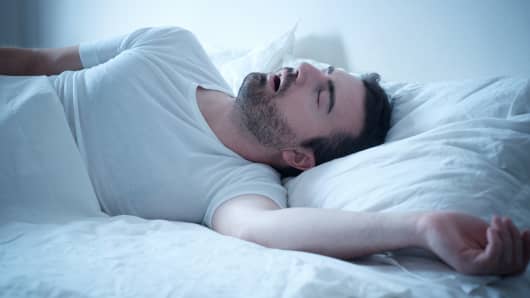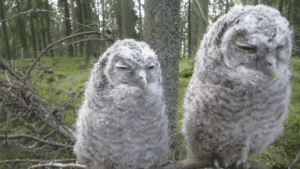Here’s one big reason why being a morning person matters: Your risk of death may be lower.
A joint study by Northwestern University and the University of Surrey in the United Kingdom found “night owls” — people who prefer to stay up later — had a higher mortality rate than people who go to sleep early.
Researchers focused on more than 433,000 people between the ages of 38 and 73. They asked participants whether they were a morning or evening person, and to what degree (moderate or definite). The study then tracked deaths up to six and a half years later.
The research found “night owls” had a 10% greater risk of dying than morning people. The study also found evening types also had higher risks for conditions such as diabetes or psychological disorders.
“Night owls trying to live in a morning lark world may have health consequences for their bodies,” said co-lead author Kristen Knutson, associate professor of neurology at Northwestern University Feinberg School of Medicine, in a statement published Thursday.
The inclination to live as a night owl or morning person might not be by choice. A 2017 study claims those tendencies could be linked to your genes.
Knutson said researchers want to test whether night owls can convert to morning people, and if overall health improves. In the mean time, society could play a role in catering to a person’s morning or evening preferences.
“If we can recognize these chronotypes are, in part, genetically determined and not just a character flaw, jobs and work hours could have more flexibility for owls,” Knutson said.
Discover more from ReviewFitHealth.com
Subscribe to get the latest posts sent to your email.

